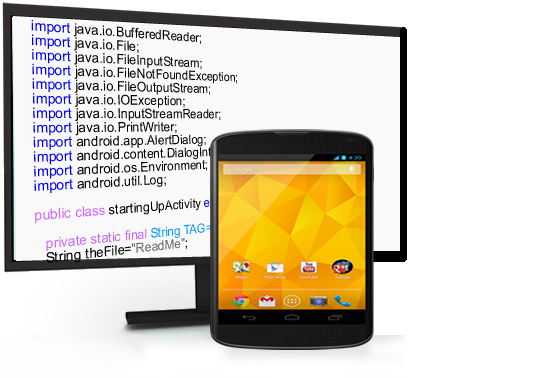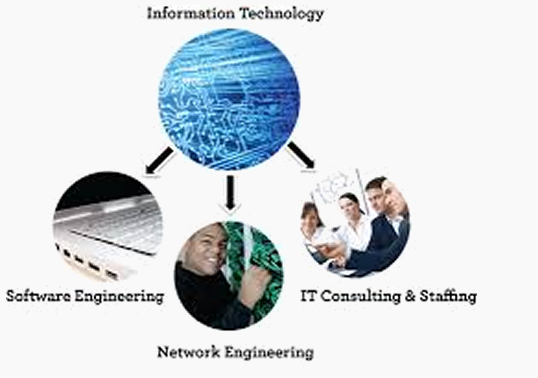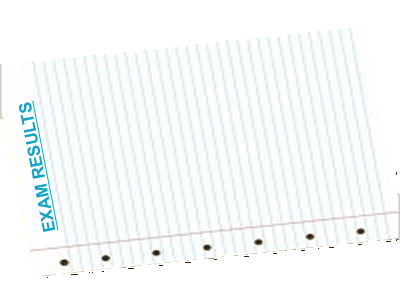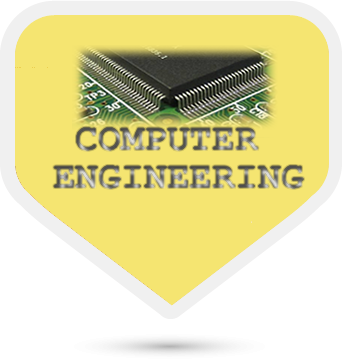SOFTWARE ENGINEERING /DEVELOPMENT
This curriculum will provide the candidates with hands-on knowledge in software engineering concepts, analysis, designing, project management, testing, and development with practical programming environments including java / C#.
Today's job market requires in-depth programming knowledge and the demand for computer/ software engineers is great as technology advances and new computer systems are required, Diploma in Software Engineering and Design will prepare you for the rapidly changing programming industry.
Computer/ software engineering is an exciting and growing industry involving the design and development of software like network control systems or operating systems for computers and mobile technology.
What Does a Software Engineer Do?
- Design systems including software needs to solve complex problems
- Work in the IT department of a company to create solutions to optimize their computer processes
- Work at a technology-focused company to create software products
A Software Engineer is an important player in the design, development, and implementation of software applications. Research shows programmer roles make up a quarter of all IT jobs.
Software Engineer Careers Software engineering and computer programming are functions in high demand with unique skill sets that are increasingly important in the Internet age. Companies that are expanding their IT departments are demanding more qualified software engineers, as are technologically focused companies who depend on software engineers for their core products. Graduates of AETEB's Software Engineering training may choose to specialize in user requirements, cost constraints, timely delivery of a product, quality of the software product, reliability, safety or long-term maintenance.
Software Engineering students become experts in Java/C# programming and technologies, prospective candidate will gain a good knowledge of how software engineering fits across a variety of industries.
Diploma in Software Engineering provides solutions appropriate to all the career related requirements.
Programme Objective
The programme requires practical hands-on learning to provide you with the skills.
The first units of the programme aims to provide the students with up to date knowledge and skills in the fundamental concepts of software engineering, learners will then advance onto specialised areas such as embedded systems, object orientated programming and network systems.
The Module includes a ‘Final Project’ where learners will work with a real client (where possible). Starting with the client's initial instructions you will design a complete project in an industry standard manner. You will analyse, design and build a working programme which meets your client's specifications.
What is required at the end of the course ?
A fully equipped & confident software engineer ready for the most complex assignments in software development & programming - at individualistic & organizational levels.
Programme content
MODULE 100
101 I.C.T Essentials/skills and Program Methodology.
102. Entrepreneurial & Communication Skills.
111. Programming in Java and Object Oriented Development.
112 Web Programming I.
113. Computer Graphics I.
114. Database Foundations and Concepts.
115. Graphical User Interface Development.
ÞExam
MODULE 200
201. Principles of Data and Networks.
202. Research Methodology.
203. Project Planning & Management.
211. Database programming.
212. Android-Mobile development I.
213. Application - Project Development & Research.
ÞExam
MODULE 300
301. Business Financial Accounting (compulsory unit).
304. Programming Methodologies- Multithreading, Algorithms.
308. Field Work/Project and Assessment (compulsory).
OPTIONS / ELECTIVES
310. IT System Specialist.
320. System Administration.
330. Database Administration.
340. Network Administration.
350. Web Software Developer.
360. Mobile Software Developer.
370. Enterprise Software Developer.
ÞExam
NOTE: unit: 301 and 308 are compulsory for all, while unit 304 applies for/to elective modules 350, 360 and 370.
310: IT Specialist
305. Network Connectivity, Administration and Termination.
306. Hardware & Software Maintenance & Troubleshooting.
312. Operating Systems theory & Practice.
313. Computer Graphics rendering & publications.
320: System Administration
305. Network Connectivity, Administration and Termination.
306. Hardware & Software Maintenance & Troubleshooting.
322. Electronics Systems Maintenance & Troubleshooting.
323. Unix/Window Servers Systems & Administration.
330: Database Administration
305. Network Connectivity, Administration and Termination.
331. Oracle Database Administration.
332. Microsoft SQL Database Server & Administration.
333. Reports Design & Data Analysis.
340: Network Administration
305. Network Connectivity, Administration and Termination.
341. Sockets & Multi-Programming.
342. Network Routing & Switching.
343. GSM Technology & Maintenance.
350: Web Development/Developer
305. Network Connectivity, Administration and Termination.
351. Web development II.
352. CMS Frameworks and Developments.
353. Project.
360: Mobile Development/Developer
361. Android - Mobile Development II.
362. Cross Platform Mobile Development.
363. GSM Technology & Maintenance/Developments.
362. Project.
370. Enterprise Software Development/Developer
371. Visual Basic .Net/C# Development.
372. Java FX Framework.
373. Java Enterprise framework Development.
374. Project.
Þ
Field Work/Project and Assessment.
Recommended duration: 24 months
COURSE DELIVERY:
- Practical.
- Presentation based.
- Research based.
- NB: An Industrial apprenticeships is a required at the end of the course /stage.
REVISED PROGRAMME -REV-01,2019





